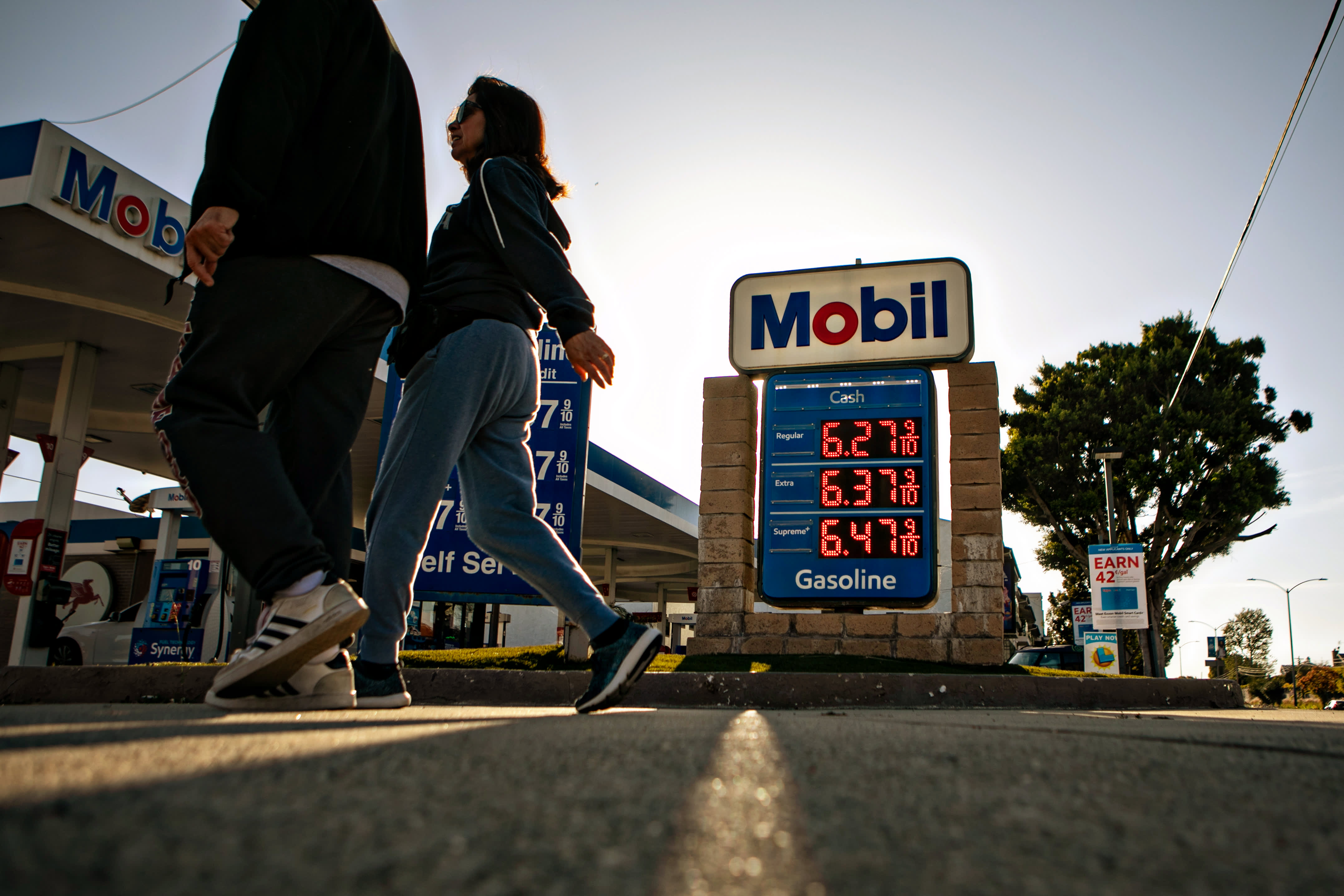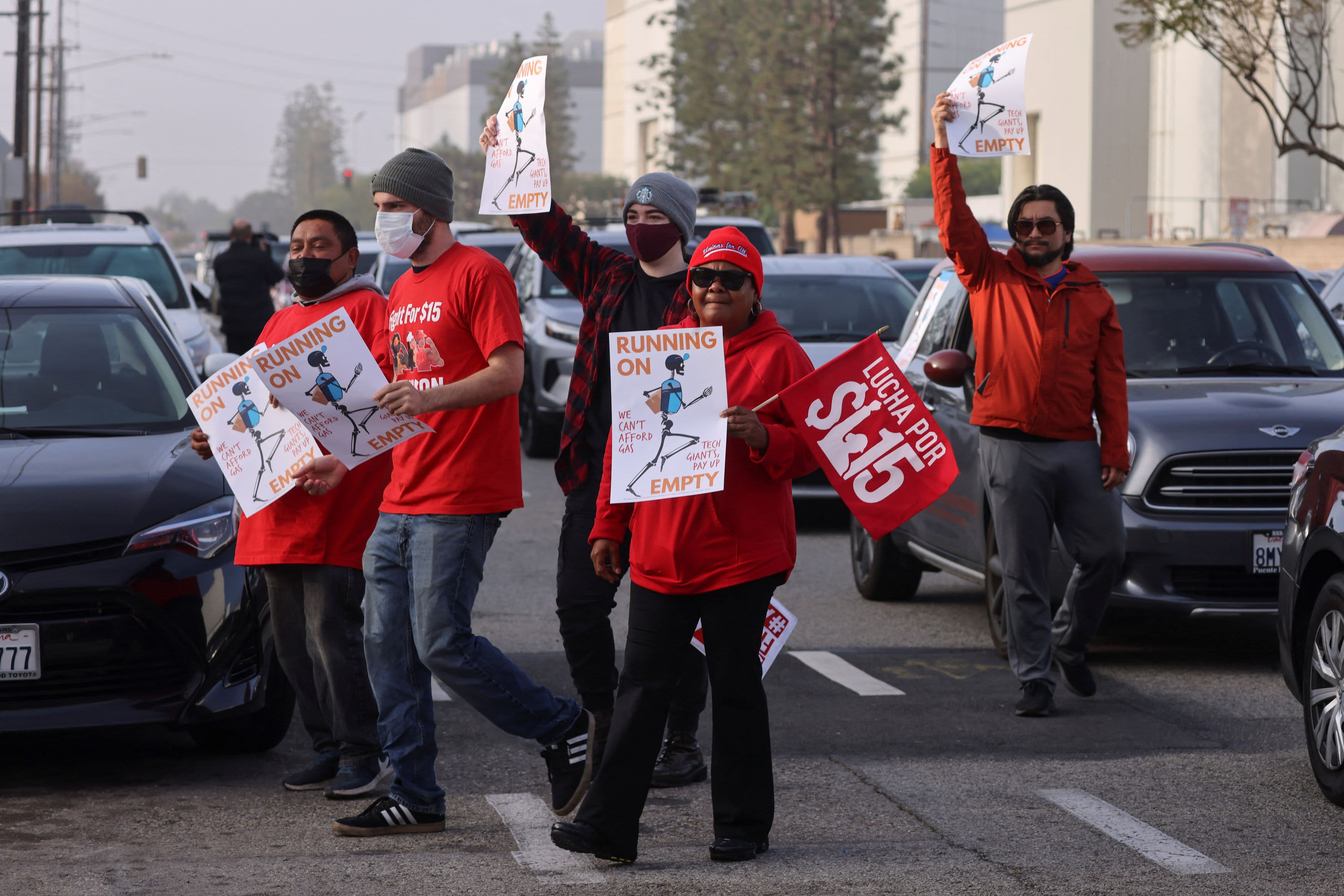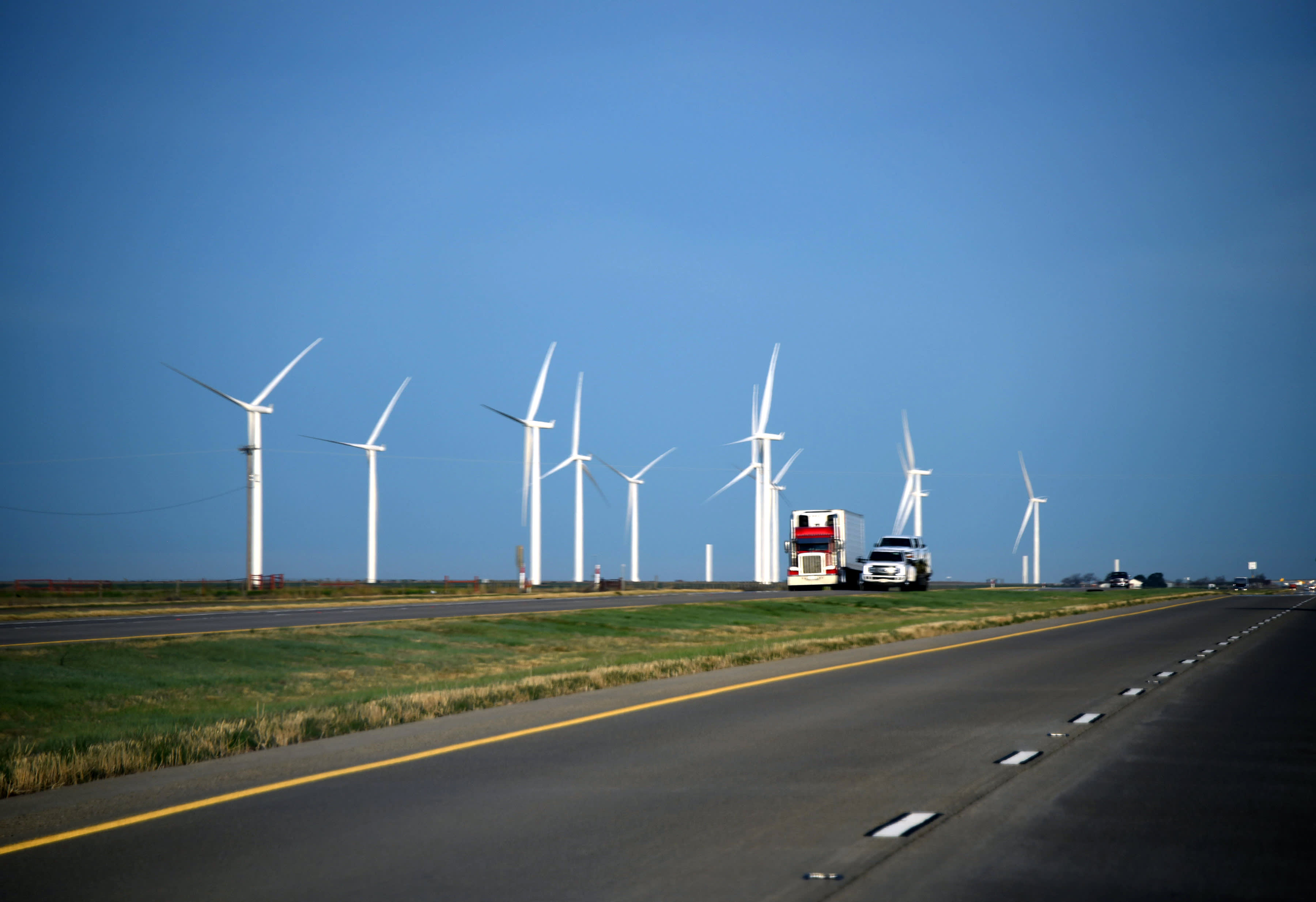Maryland lawmakers unanimously approved legislation Thursday to suspend the state's gas tax for 30 days, with a final vote expected soon to send the measure to Gov. Larry Hogan, who supports it.
Around the nation, a rising number of governors and state lawmakers have been calling to suspend gas taxes, because prices have been at record highs that could go up even higher after the country cut off Russian oil imports.
The bill would suspend Maryland’s gas tax of 36 cents a gallon for 30 days. A driver of a vehicle with a 12-gallon tank could save about $4.32 a fill-up. The measure would go into effect immediately after Hogan's signature, though it's unclear exactly when the price drop would be seen at most gas stations.
While the bill passed with unanimous support, some lawmakers said they would prefer the tax break to last longer, especially amid the worst inflation since the early 1980s and a state budget surplus estimated to be about $7.5 billion over two years.
We're making it easier for you to find stories that matter with our new newsletter — The 4Front. Sign up here and get news that is important for you to your inbox.
The average price of gas in Maryland was about $4.20 on Thursday. The state estimates it would lose about $94 million in revenue under the 30-day suspension.
“Perhaps a 90-day abatement would be good under the circumstances, because we know that under a 30-day hiatus on collecting the gas tax, you know, the average household might save 30 or 40 bucks, and with today’s prices, that’ll probably get you a couple loafs of bread and a pound of baloney, but it’s something," Del. Haven Shoemaker, a Carroll County Republican who is the House minority whip, said before the House vote.
The average price of gas in Maryland was about $4.20 on Thursday. The state estimates it would lose about $94 million in revenue under the 30-day suspension.
Both the House and Senate unanimously passed similar bills Thursday, though each chamber still needs to take a final vote on the other's to send a bill to Hogan to sign.
Transportation advocates have noted that because of other factors affecting gas prices, the full amount of tax cuts may not be reflected at the pump.
On average, only about one-third of the value of previous gas tax cuts or tax increases were passed on to consumers, according to a 2020 report from the American Road & Transportation Builders Association that analyzed 113 state gas tax changes enacted over several years. That’s because retail gas prices are influenced by complex factors, including the price of crude oil and supply-and-demand pressures.




